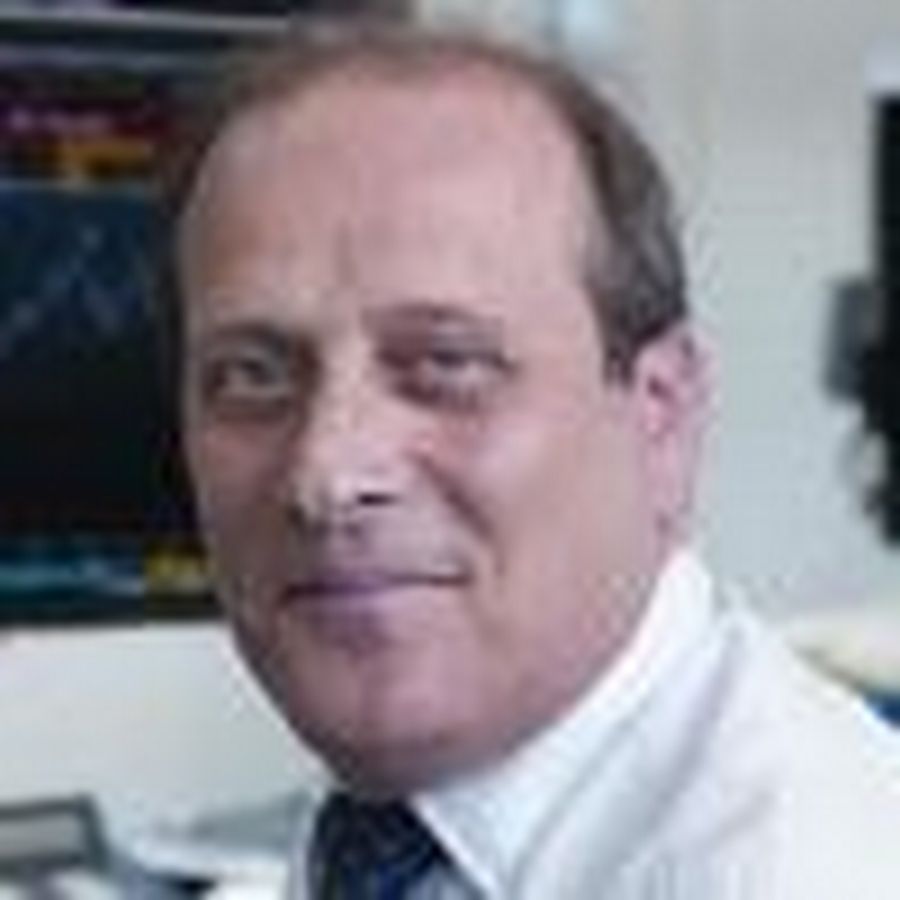
Anthony Peters, SwissInvest Strategist
WHAT A WEEK this has been for people with long memories – and I’m not talking about volatile markets.
Two events made me feel old this week and, although not even I was there when it all began, I have lived my entire career in the shadow of extraordinarily imaginative people whose deeds sprang to the fore this past week. Think Italian toll roads and a Polish-Belgian oil trader.
Monday evening saw an assembly of the great and the good of the Eurobond market for a grand gala dinner at the Savoy in London in order to celebrate the 50th anniversary of the issuance of the US$15m Autostrade 5-1/2% 1972/1978 callable bond issue, which is recognised as the first Eurobond.
Hatched under the auspices of SG Warburg and documented by Allen & Overy, it in effect created the offshore foreign bond market from which grew into what we today make a living trading, selling or investing in.
In 1963, the world was truly a different place. The idea of issuing a dollar-denominated bond outside of the confines of the US market and away from its tax jurisdiction was revolutionary. Like the iPad, it gave investors something they didn’t know they wanted and ended up changing the world.
The Eurobond environment was the epitome of an unregulated and stateless market and was huge fun to work in. Modern day investment bankers would have freaked out – a prospectus might be as short as 10 pages, a single firm would underwrite an entire deal on a competitive bidding basis and capital was tight enough that, in most houses, one deal had to be sold down before the next one could be done.
Someone needed to have that “Eureka!” moment and it was Warburgs that had it
But the most important part of it all was that the market set its own rules and, by and large, it worked. But before it all happened, someone needed to have that “Eureka!” moment and it was Warburgs that had it.
This “thinking outside the box” more or less coincided with John Cooper putting the engine in the back of a Grand Prix car, Christopher Cockerell dreaming up the hovercraft and the good folks at BAC and Aerospatiale developing Concorde. If you had the right idea, you could write your own rules, be your own model.
As this magazine hunts for the greatest bond ever, there is much to be said for choosing nothing less than the father of the tribe, the provider of the DNA, the Autostrade bond itself.
THE SECOND EVENT of the week was the death of Marc Rich who did as an individual for commodities what Warburg did as an entity for bonds.
Whenever the name of Rich, born in Belgium of Polish parentage as Marcell David Reich, pitches up, it is accompanied by the term “controversial”. What was controversial about Rich was that he read the rules, found out where there were none and filled that space with his own.
Like Cornelius Vanderbilt, Andrew Carnegie and John D Rockefeller, Rich pushed the envelope of acceptable business practice but instead of building monopolies, he dismantled them.
His aggressive and highly innovative trading style stole away the monopoly of the then dominant oil companies – the so-called Seven Sisters – and made him a fortune in the process.
Rich, along with his long time partner, Pinky Green, deregulated the oil market and subsequently any number of other markets. For that the establishment would not forgive him.
RICH’S FLIGHT TO Zug in Switzerland where the laws of neutrality forbade the government from imposing sanctions on third-party countries and even more from imposing American sanctions on the same meant that Rich and his merry men could trade with South Africa, Iraq and Iran with impunity. That afforded them access to the former’s chromium and the latter’s oil, which their US-based rivals couldn’t touch.
For this, the might of Washington pursued him relentlessly and even after the pardon given to both him and Green by Bill Clinton as he left the White House, Rich never set foot in the USA again.
Much water has flowed down the Hudson and the Thames since the heyday of the London-based Eurobond market and the Rotterdam spot oil market. The swashbuckling traders have been replaced by row upon row of PhDs and MBAs, hemmed in by compliance officers and lawyers. Whether this brave new world is – or will be – fairer is debatable. No matter how level the playing field might be, the better side will still win.
The existence of the Eurobond market led to the abolition of all manner of parochial taxation around the globe. It led to governments acknowledging, long before “globalisation”, that their jurisdictions and national borders offered them no protection from creative and inventive minds and the free movement of capital. Markets were, so they found out, bigger and richer than governments.
As we watch regulation increase on a near daily basis, I ask myself how long it will take before the next Warburg or the next Marc Rich emerge from the mass and find a way to cast off the chains.